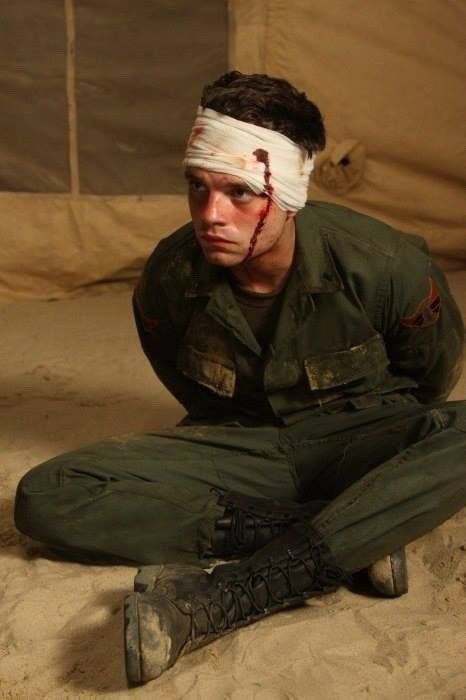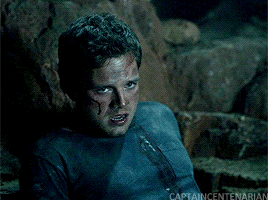Don't wanna be here? Send us removal request.
Text








BTS of Seb as Bucky Barnes 🎀
Credit to Pinterest xx
821 notes
·
View notes
Note
Hi!
What do you think Bucky would have done if he were in Steve's shoes in the grenade scene? (I have a thought about it, but obviously it's my take on the character and it changes from person to person, which made me a little curious about other people's perspectives)
Thanks for the ask!
I know that scene is often mentioned as a mark of Steve’s bravery and selflessness — which, mind you, they are indeed qualities he possesses — but I think there’s also something tragic about Steve’s split second reaction, and something insidious about Phillips and Peggy choosing him for the serum.
Wanting to live is human instinct, and everyone diving away from the grenade is the natural reaction. Steve’s first reaction though is to use his body as a human shield. I think it says a couple of things: 1) yes he’s selfless and brave but also 2) he doesn’t have anything that makes him, in that moment, see living as an absolute must, and also likely 3) he felt he didn’t have enough time to run away from the grenade because of his physical limitations, and because that’s the baseline he’s lived with, he assumed other people wouldn’t have the time to get away either.
The act of shielding the grenade with his body is always an interesting character moment. Remember, he’s at an army range; he’s not surrounded by children who might need his protection, he’s surrounded by grown men fully capable of taking care of themselves. So in that moment, Steve saw himself as more disposable than everyone else. Is it low self-worth or a fatalistic sense of pragmatism? I guess you could take either reading.
Sorry, that was a lot of Steve meta 😅 As for Bucky…I like to think of him as someone who has a strong will to live, whether that’s because of his parents, his sisters, Steve or simply his love of living, someone who keeps surviving even when he’s been made to forget what that reason was. I think he wouldn’t hesitate to throw himself in front of his fellow soldiers on the field and we’ve seen him do that for Steve, but on the training ground? I think he’d have enough confidence and self-preservation to know it’s a test but also to get to a safe distance (and drag Steve with him 😂)
I don’t think that means Bucky fails the test by any means. The test itself was flawed and artificial. It was never a test of bravery. It was a test of self preservation - or lack thereof. As much as Erskine tells Steve (and the audience) that he’s chosen for being a good man, it’s likely that Philips chose Steve because he’s a guy with no family or connections who won’t be missed if anything went wrong…and he has a death wish.
33 notes
·
View notes
Text


hi! i’m alive & back and bringing you part 1 of boyfriends taking care of their reckless dumbasses bc fluff
1K notes
·
View notes
Photo

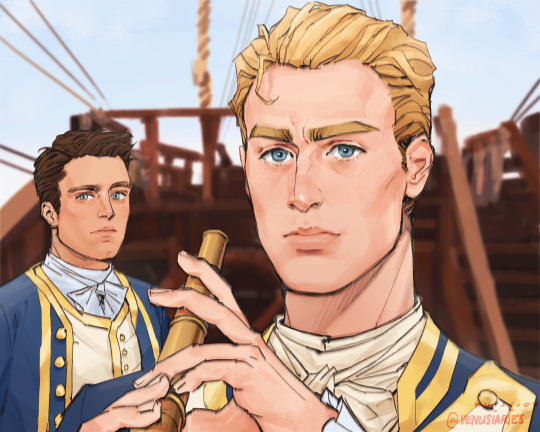
its a pirate au babey!!
plus some extras:
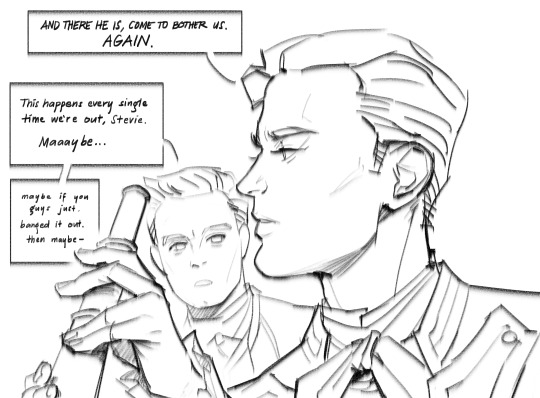


8K notes
·
View notes
Text
So, if I fly too far
Will I still have a place inside your heart?
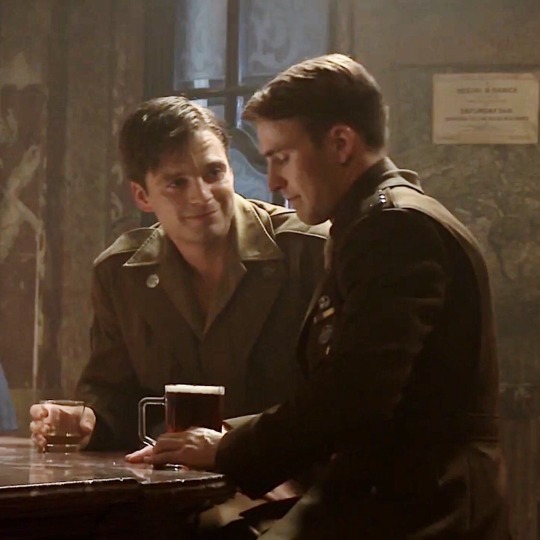
And, when you've seen what I've become
Will you love me for who I am, not who I was?
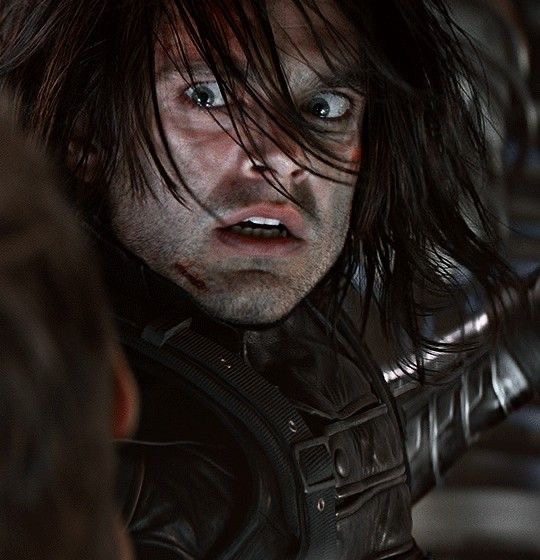
355 notes
·
View notes
Photo

-let’s go home Bucky -I’ll go wherever you go,Steve
430 notes
·
View notes
Text
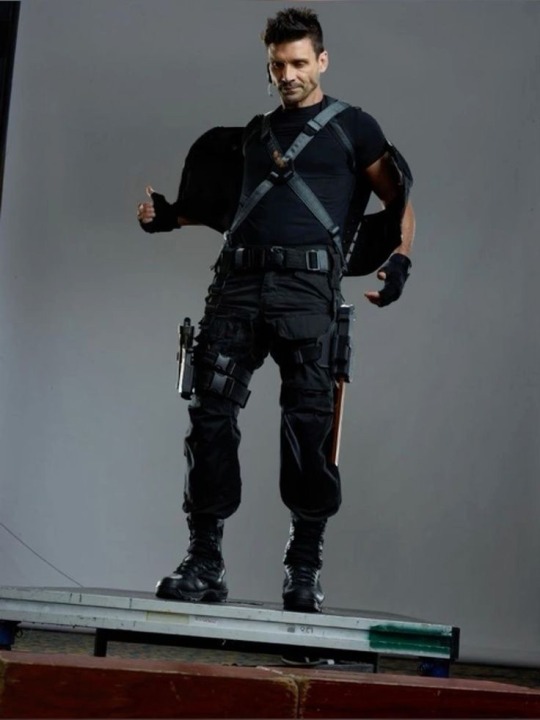
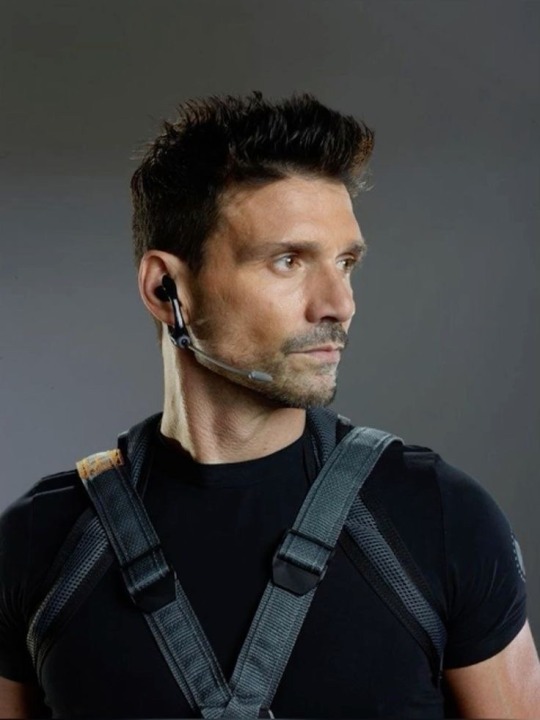
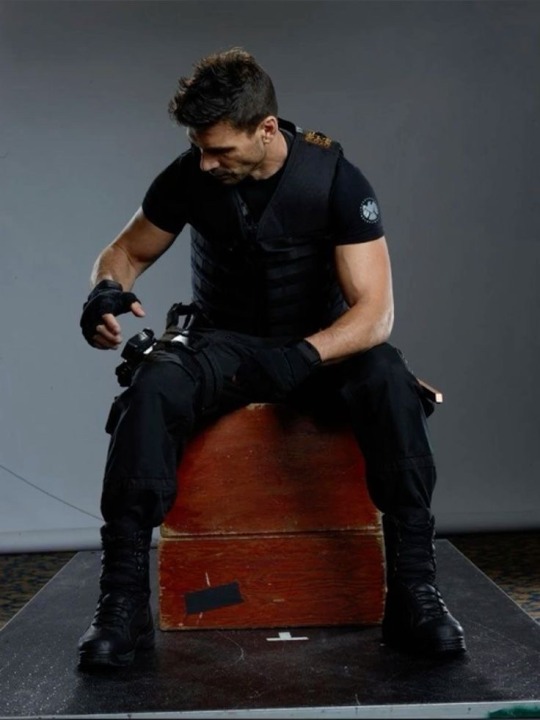
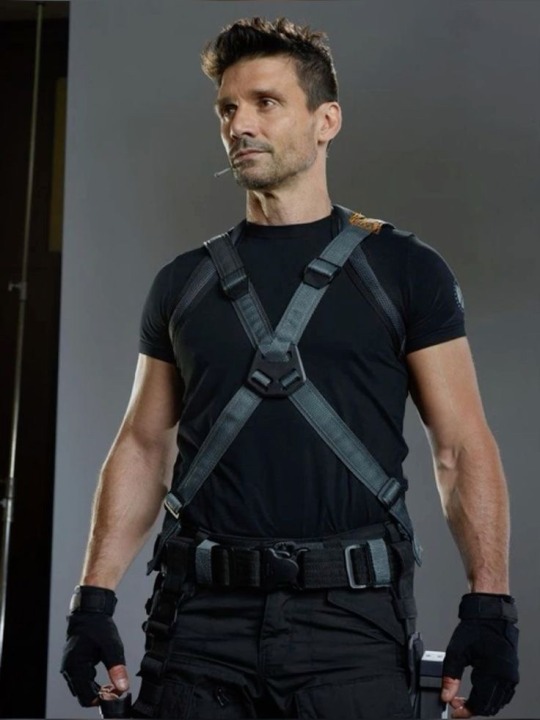
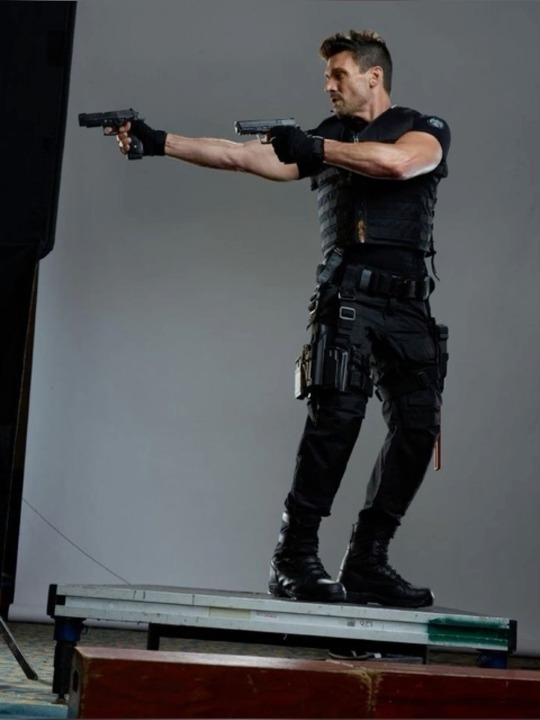
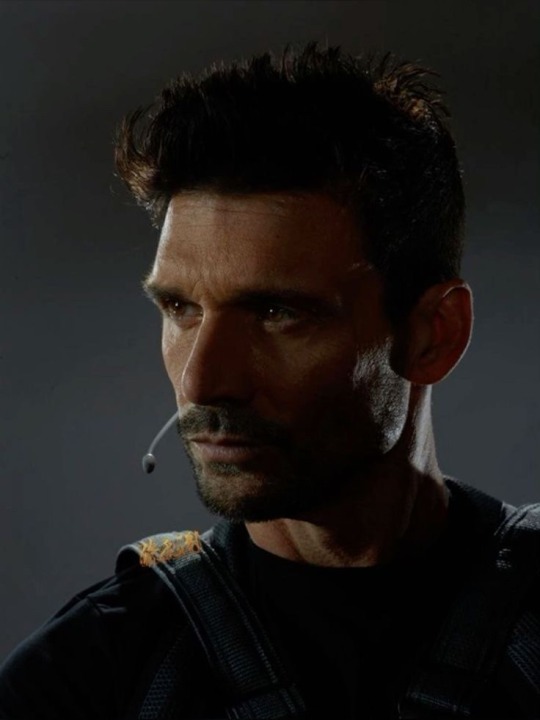
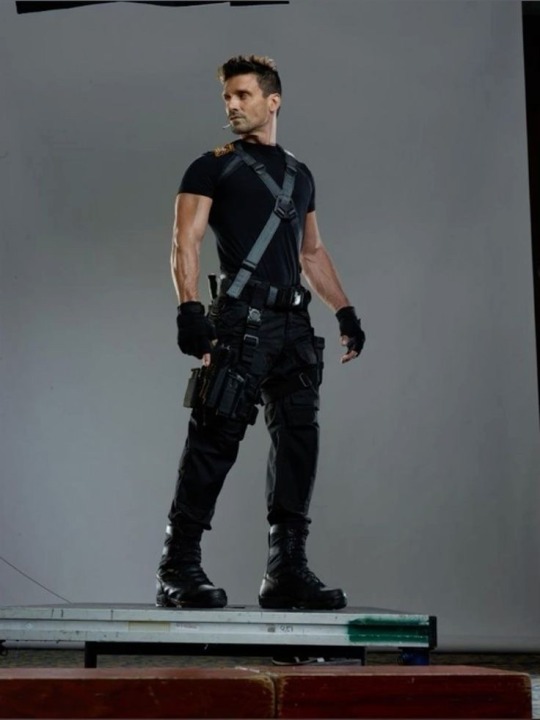
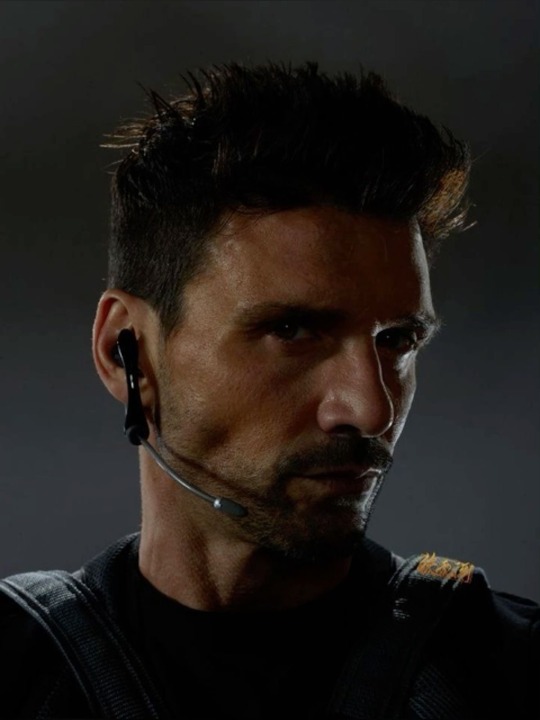
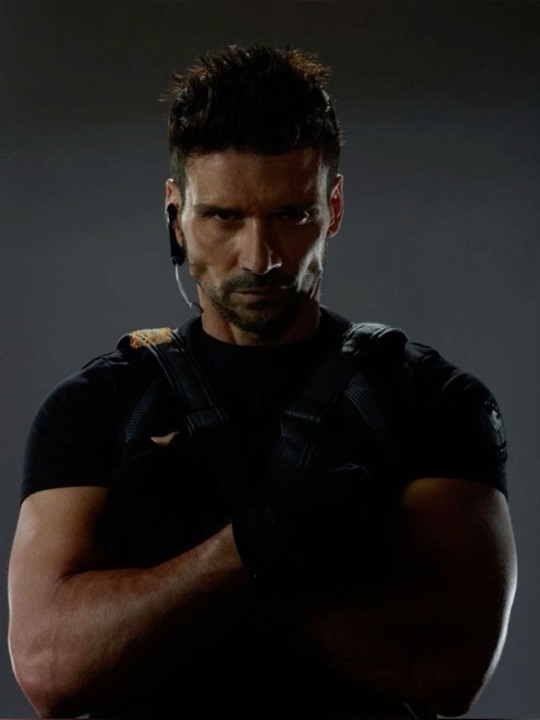
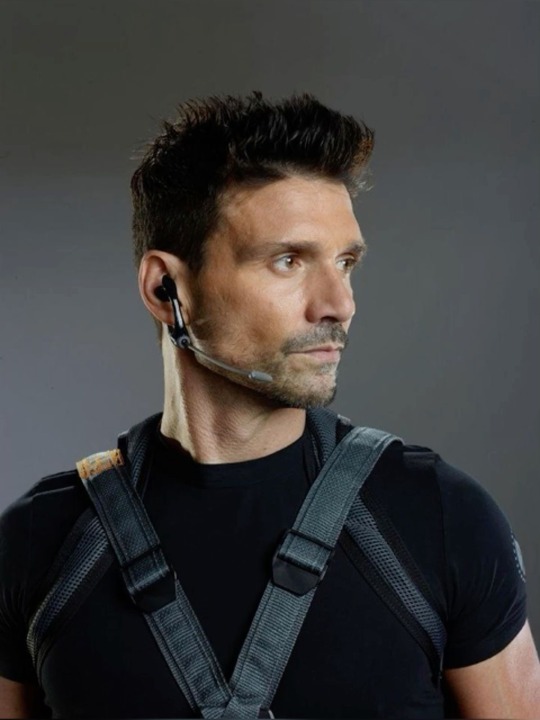
Found here
If anyone has similar photoshoot with Callan Mulvey as Jack Rollins, pretty please share
160 notes
·
View notes
Text






40s Bucky Barnes because I need this man in a heart shaped locket ASAP 🩷
Credit to Pinterest, not my images xx
402 notes
·
View notes
Photo

steve and bucky, age 8
photo cred: sarah rogers
10K notes
·
View notes
Text
@stuckyfingers @amarriageoftrueminds tagging the experts in Steve Rogers meta.
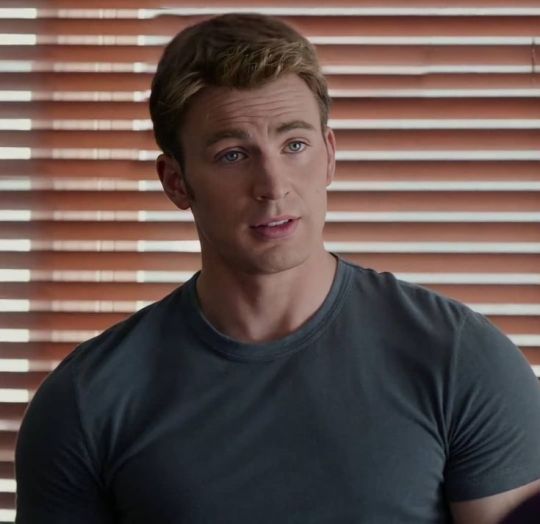
123 notes
·
View notes




